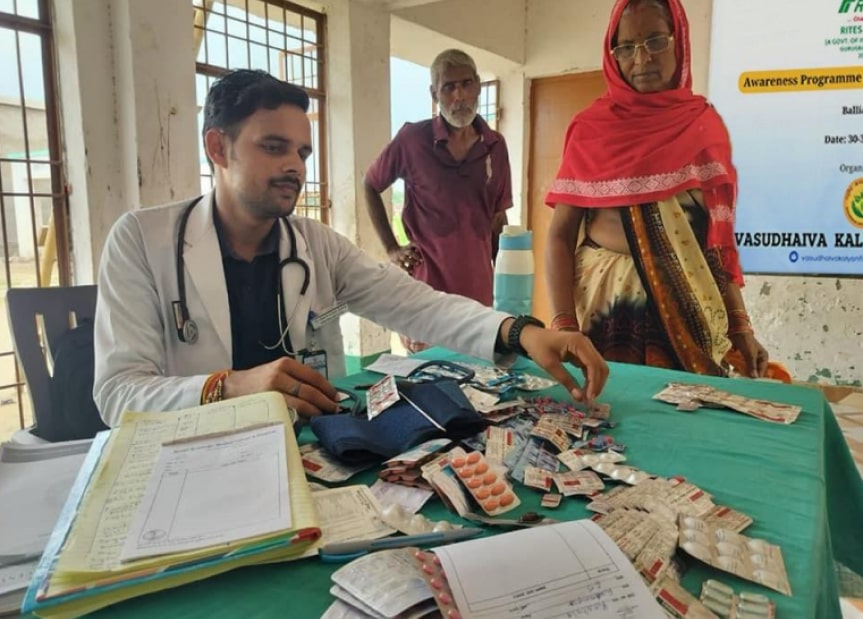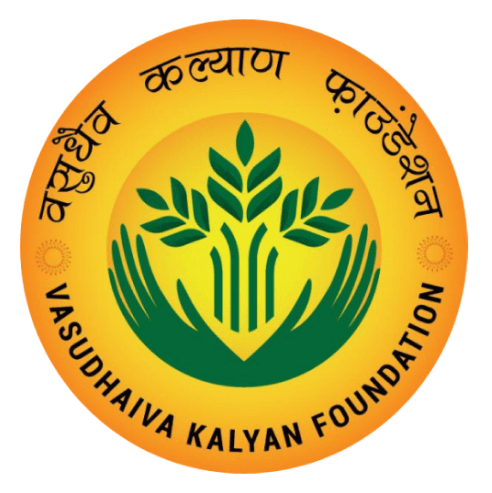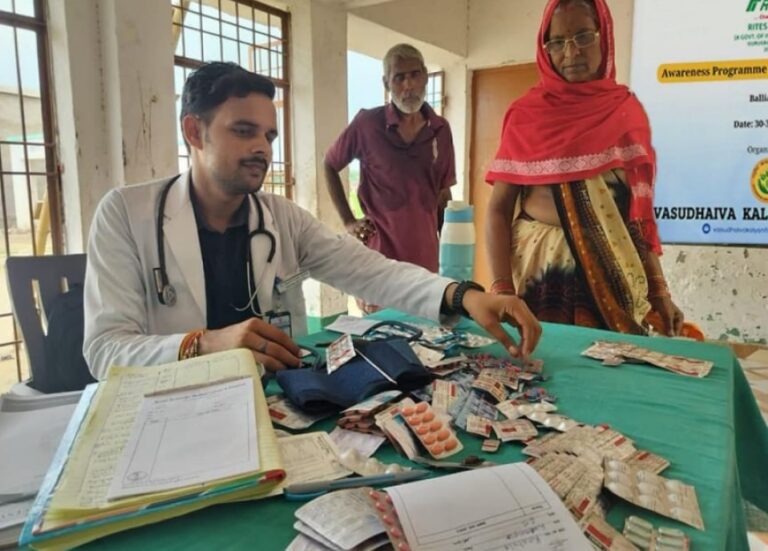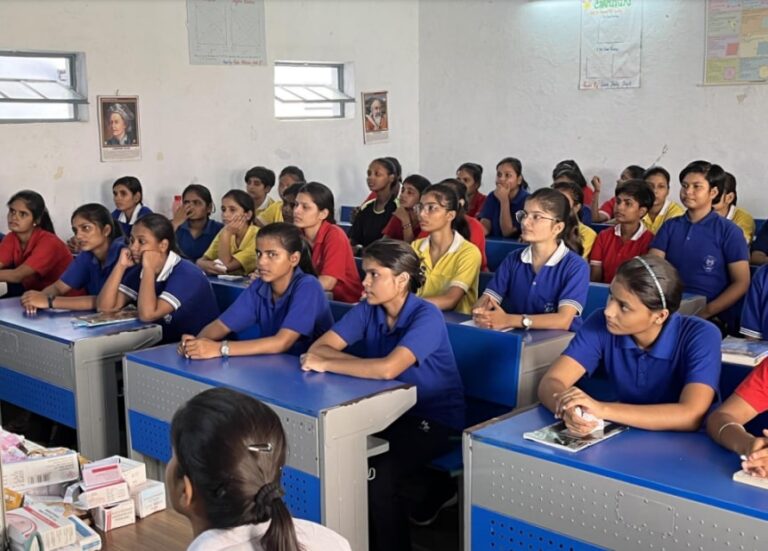- +91 9718833721
Blog
Bridging the Gap: Financial Literacy Programs for Economic Empowerment

Bridging the Gap: Financial Literacy Programs for Economic Empowerment
In a world where financial literacy is often the dividing line between economic stability and vulnerability, bridging the gap through financial literacy programs becomes imperative. These initiatives are not just about teaching individuals how to manage money; they are about empowering communities with the knowledge and skills to make informed financial decisions that can transform lives and uplift entire economies. Let’s delve into the significance of financial literacy programs for economic empowerment.
1. Understanding the Basics: Financial literacy programs start by laying the foundation – teaching individuals the fundamental concepts of money management, budgeting, saving, and investing. For many participants, this marks the first step towards financial independence and security.
2. Breaking the Cycle of Poverty: In underserved communities, where poverty often perpetuates across generations, financial literacy programs offer a ray of hope. By equipping individuals with the tools to break free from the cycle of poverty, these programs pave the way for long-term economic empowerment.
3. Promoting Responsible Borrowing: In an age of easy access to credit, understanding the implications of borrowing becomes crucial. Financial literacy programs educate participants about the risks and responsibilities associated with borrowing, empowering them to make informed decisions and avoid falling into debt traps.
4. Fostering Entrepreneurship: Many financial literacy programs go beyond basic money management skills to encourage entrepreneurship and business development. By providing aspiring entrepreneurs with guidance on business planning, budgeting, and access to capital, these programs fuel economic growth and job creation within communities.
5. Empowering Women: Financial literacy programs often have a profound impact on women, who are disproportionately affected by economic inequality. By empowering women with financial knowledge and skills, these programs not only enhance their economic independence but also contribute to gender equality and women’s empowerment.
In conclusion, financial literacy programs serve as catalysts for economic empowerment, bridging the gap between financial insecurity and prosperity. By imparting essential money management skills, breaking the cycle of poverty, promoting responsible borrowing, fostering entrepreneurship, and empowering women, these programs empower individuals and communities to build brighter, more prosperous futures.



